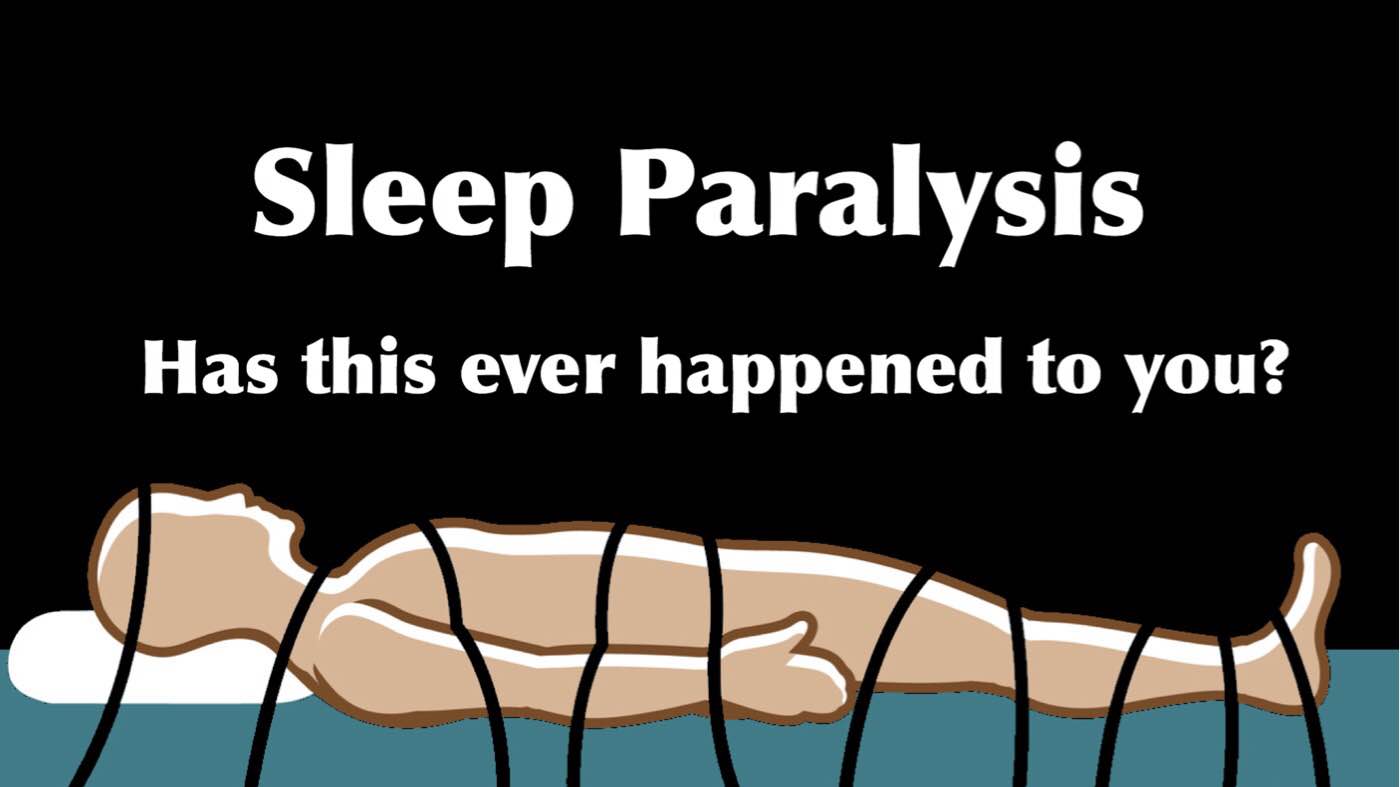Nightmares affect people of all ages, even adults. They’re actually quite common in adults, with nearly 70% of adults having nightmares.
“Nightmares are a cry for resolution for finding a way to incorporate the terrible experience into our lives. Occasional nightmares are normal. But not nightly, and not over and over again,” says Rosalind Cartwright director of the sleep disorder service at Rush-Presbyterian-St. Luke’s Medical Center in Chicago.
So, what causes adult nightmares, and how do we deal with them? Sleep doctors have already answered these questions for us, and given us some ideas on how to help the sufferers.
What Causes Nightmares?
“A nightmare is a dysfunctional dream.” – Rosalind Cartwright
1. Medications
A lot of people have them start suddenly after they start a new medication. They’re a common side effect for many medications.
“A number of medications also are known to contribute to nightmare frequency. Drugs that act on chemicals in the brain, such as antidepressants and narcotics, are often associated with nightmares. Non-psychological medications, including some blood pressure medications, can also cause nightmares in adults,” adds WebMD.
If you’re struggling with them and sleeplessness from your medication, you may want to talk with your doctor about switching medications if you can. If you’re not able to change your medication to help with nightmares, there are other ways to stop your nightmares.
2. Traumatic events
People who suffer from trauma may often find that they also suffer from nightmares. Traumatic events can vary, from the death of a family member to experiencing abuse of some kind. Even just getting into a traumatic accident can cause them. Therapy can be a great help in working through a traumatic event and stopping nightmares.
3. Food
If you’re generally a fan of spicy food, you may find that you get bad dreams after eating it. Scientists aren’t entirely sure why the correlation with food and nightmares happens, but it happens often enough that many people are aware that spicy dinner the night before is bound to cause bad dreams.
“A related possibility is that food influences dreams indirectly due to poor metabolism or digestive intolerances. For instance, eating too late at night could negatively affect metabolism and sleep quality, thence seeping into your dreams. And, of course, dairy,?most often cited as altering dreams, is a very common dietary sensitivity,” says researcher Michelle Carr, Ph.D.
Switching out what you eat right before bedtime is a great way to make sure you’re having better dreams and less nightmares.
4. Stress
Stress is another common factor of nightmares. If you’re suffering from different kinds of stress, either life events or internal stress, you’re more likely to suffer through bad dreams as well. Your emotions often tend to work themselves out in your subconscious, and nightmares are far more likely if you’re under daily stress. Understanding when you’re under more stress than usual can be the easiest way to figure out where your bad ddreams are coming from.
Here Are 4 Ways To Stop Nightmares
Many people struggle nightly, with some people getting woken up by their bad dreams. But you don’t have to suffer through them each night. It may seem like an impossible feat to stop having bad dreams without some medical intervention, but it can be done. All you have to do is dedicate yourself to stopping those stressful dreams. If you’re struggling, here are some tried and true methods for getting them to stop.
1. Realize it’s just a bad dream
When you’re asleep, it might be hard to recognize when you’re having a nightmare. However, this isn’t impossible. You have to dedicate yourself to realizing you’re having a nightmare before you actually fall asleep. It may take a few attempts, but you’ll eventually be able to recognize when you’re having a nightmare.
2. Stop your dream
Again, this is going to take several failed nights of practice before you get the hang of it. People are actually capable of stopping their dreams right in their tracks. Once you recognize that you’re actually dreaming, you become able to control the way your dream plays out. This includes stopping the nightmare.
3. Change your dream
A nightmare can’t continue if you’re no longer having it. Once you’re capable of recognizing when you’re having a bad dream and stopping the dream, you’ll be able to entirely change the ending of your dream. Conjure up images that are calming or happy, so you’re able to continue on having your dream without all of those stressful visions.
4. Keep a dream diary
Keeping a journal beside your bed to write down your dreams will give you a better understanding of when you have bad dreams, and what surrounds your life when these happen. You’ll be able to develop a pattern of what’s happening in your life that causes these nightmares. You may find that stress is the major factor, or a new medication is what’s causing your nightmares.


















